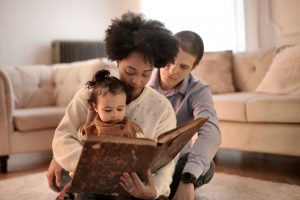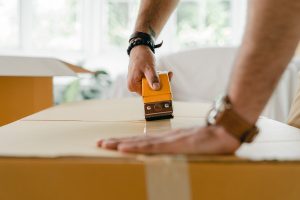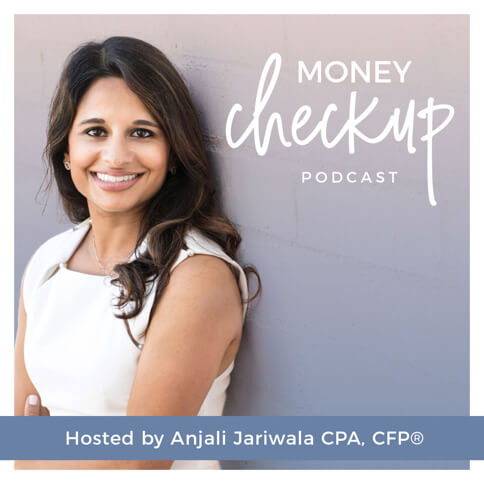When my daughter was born, my husband and I knew her education would be one of our top priorities. And that didn’t just mean getting good grades. We wanted to be intentional about the worldview we helped her develop — one that accurately reflected the diversity of the world around us.
We made a conscious effort to buy books that featured diverse characters, including books by Indian and Black authors. As Nyla gets older, we’ve started to teach her about the concept of race, which means choosing books that support our values — and, in some cases, books that educate us as well as her.
Research: Stereotypes Start Young
Children start to show responses to people of different races, and even to apply stereotypes, at ages as young as 3. We know that stereotypes are learned, not innate, which means our kids are learning them somewhere — from the adults in their lives or subconsciously from messaging embedded in media.
A 2010 study by Sandra Hughes-Hassell and Ernie J. Cox found a significant lack of children’s books featuring people of color, or featuring inauthentic and monolithic representations of people of color. Further, the study found that a lack of diverse reading material prevents children of color from developing positive conceptions of themselves. Despite increasing ethnic and racial diversity in the U.S. — and especially so in California, where we live — it is rare for children’s books to feature people of color.
Part of this problem is that people of color are underrepresented in children’s publishing, including both writing and illustrating. I’ve encountered this personally in my search for books for Nyla. We make a point to buy from Mango and Marigold Press, which publishes children’s books about South Asian characters. (This sentence on Mango and Marigold’s website shocks me every time I see it: “There are five times as many books about trucks and twice as many books about bunnies than there are about any children of color.”) Black Children’s Books and Authors, a Memphis-based nonprofit, posts regular interviews with Black authors of children’s books and monthly lists of new releases.
I’ve realized as an adult that many of the books I grew up with have messaging or stereotypes that don’t align with the values I want to teach my daughter. For example, in a 2019 study by Katie Ishizuka and Ramon Stephens titled The Cat is Out of the Bag: Orientalism, Anti- Blackness and White Supremacy in Dr. Seuss’s Children’s Books, the researchers found lots of problematic characters in Dr. Seuss’s books. Of all the human characters identified in 50 books, only 2% were not white. Further, some of Dr. Seuss’s most iconic books feature animal or other non-human characters who embody Orientalist or white supremacist stereotypes. When I went back and looked at some of these books from my childhood, I can see what they are referring to.
Resources For Conscious Parents
It’s challenging to know that, as parents, we cannot prevent Nyla from absorbing stereotypes from school, her peers, or the media. But we can help shape her views and answer her questions in helpful ways.
Dr. Beverly Daniel Tatum, the author of Why Are All the Black Kids Sitting Together in the Cafeteria?, gave a 2017 TED Talk in which she provides talking points for parents whose kids ask questions about race. She encourages parents not to shy away from these questions, but rather to address questions directly and use these conversations as opportunities to teach.
I recently joined The Conscious Kid, which provides parenting and education resources through a critical race lens. Their wonderful platform is full of resources for raising race-conscious kids. Monthly subscriptions, in which they’ll send you an age-appropriate book each month, are currently sold out, but the website is still full of helpful blog posts and book lists.
As I continue to build out Nyla’s library, I plan to purchase books from independent, Black-owned bookstores rather than from Amazon. LitHub has a helpful list here.
As parents across the country work to educate our children, we also need to educate ourselves. These resources for adults have helped me develop a better understanding of race and ethnicity in the U.S. The more we face the reality of racial injustice now, the more progress we can make for our kids.




